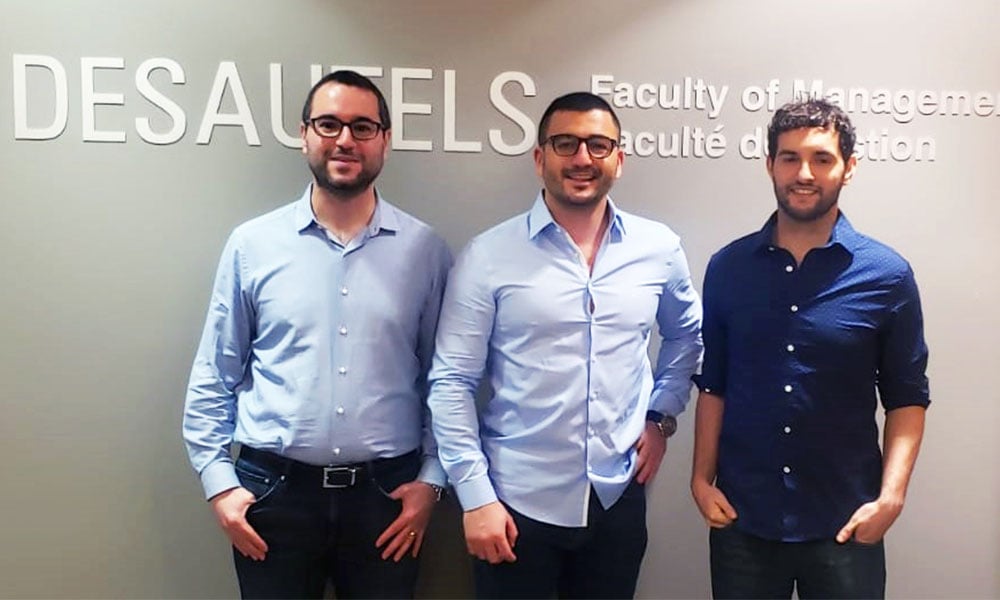
Apps being developed include a severance calculator and a customer dispute resolution tool

Queen’s University Faculty of Law is working with McGill University’s Desautels Faculty of Management to develop applications aimed at addressing access-to-justice issues using technology and data science.
According to a news release from the website of Queen’s Law, the two schools have partnered through the Conflict Analytics Lab, a global research-based consortium that seeks to intersect AI and data analytics with the legal industry, particularly in relation to dispute resolution.
According to Samuel Dahan, director of the Conflict Analytics Lab and professor at Queen’s Law, the research lab unites experts from the fields of law, technology and business to deliver tools that can help individuals and businesses “resolve small cases in a fair way.”
One of the projects being developed through the partnership is a calculator that can help employees receive a fair severance package when they are laid off. To do this, Dahan mined data from 3,000 employment law cases, while professors and students from McGill transformed the data into an interactive database. Employees can then input information such as their industry and province in order to find out if the severance pay received is in line with the average.
“Essentially, the application ‘thinks like a judge’ to provide the user with a likely outcome given their circumstances,” states the news release. The severance calculator will eventually be deployed via a public platform, which is being developed by Queen’s Law students and management analytics professors from Queen’s University.
Collaborators from the two universities are also working alongside Colin Rule, founder of the online dispute resolution programs for eBay and PayPal, to design a customer dispute resolution tool that can protect parties to online transactions in a variety of situations, including cases in which the items purchased are damaged during shipping or the items fail to live up to what has been advertised.
“In many of these situations, it would be cost prohibitive for a laid-off employee or someone with a damaged product to obtain legal help,” Dahan said. He went on to emphasize that the widespread use of these sorts of tools would not replace lawyers and “could actually save them time by allowing them to focus on higher-value cases.”
A third project being developed is a tool that helps workers find out what their legal status is, and in particular, whether they have been falsely classified as contractors by their employers. Dahan is collaborating with professors from McGill and Brandeis University, as well as with Queen’s students, to work on this project.